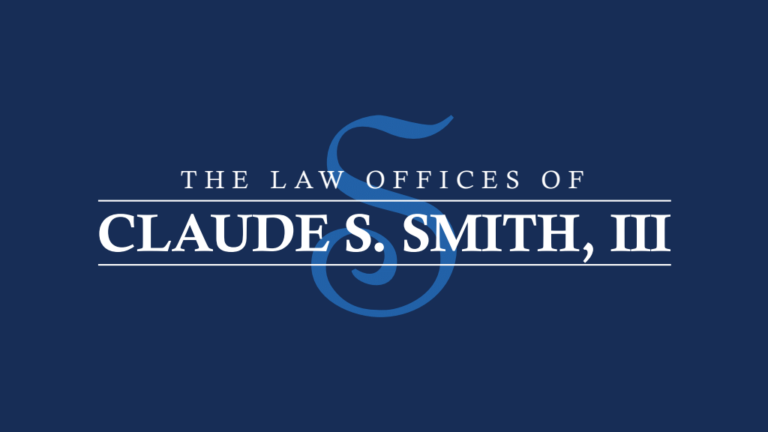
Many family traditions include gatherings at vacation homes. However, leaving these properties to the next generation is not always in the best interest of the family. Some people try to make a simple solution work for a complex problem, leading to more challenges, as explained in the article “Succession planning for the family lakehouse” from NH Business Review.
Joint ownership among siblings can lead to disputes about how the home is used, operated and maintained. Some children want to continue using the house, while others may see it as an income stream for a rental property. There may be siblings who cannot afford to participate in the house’s upkeep and need the cash more than the tradition. When joint ownership is presented as a surprise in a will, the adult children may find themselves fighting about the vacation home, with no parent around to tell them to knock it off.
Making matters more complicated, if the siblings live in different states and the house is in a neighboring state, ownership of the real estate at death may subject the decedent’s estate to estate taxes where the property is located. As a result, the property may need to go through probate in an additional state. Every state has its own tax rules, so the transfer of joint property will have to be analyzed by an estate planning attorney knowledgeable about the laws in each state involved.
A sensible alternative is creating a Limited Liability Corporation, ideally while the original owners—the parents—are still living. The organizational documents include a certificate of organization to file with the Secretary of State and an operating agreement. The LLC will need its own taxpayer identification number, or EIN.
The operating agreement governs the management of the property and addresses the operating expenses and maintenance of the property. It should also address the process for a child to cash in on their ownership to other children. LLC operating agreements often include these items:
There are some costs associated with creating an LLC, including annual filing requirements. However, these will be small, when compared to the cost of family fights and untangling joint ownership.
An LLC can also offer personal liability protection from lawsuits brought by renters, creditors, or any litigants. If there is an accident resulting from work being done on the property, the owners may be shielded from the liability because they do not personally own the property, the LLC does.
In the case of divorce, bankruptcy filing, or a large judgement being filed against one of the children, the LLC will protect their interest in the property.
The real estate owned by the LLC is not part of the owner’s probate estate. This avoids the need for a second probate in the state where the property is located. Some states have adopted the Uniform Transfer on Death Security Registration Act, and the LLC membership interest can be assigned along to the terms of the beneficiary designation.
How to keep a family vacation home in and enjoyed by the family and not part of a family feud is possible. Planning for what will happen to a vacation home after death provides peace of mind for all in the family. Speak with an experienced estate planning attorney to ensure that the property and the family’s peace is preserved. Schedule a call convenient for you today.
Reference: NH Business Review (March 23, 2022) “Succession planning for the family lakehouse”
Legal problems are extremely stressful, especially when your family, your health, or your freedom are at stake. At this point in time, you may not even be sure what kinds of questions you need to ask a lawyer, but that’s entirely normal. Whether your situation involves family law, estate planning, elder law, a criminal charge, or a personal injury, we will start by giving you all the information you need.
The way we see it, you deserve to get this information directly from an expert. That’s why we make it easy for you to get in touch with your lawyer, and we never ask you to sit down with a paralegal or assistant instead.
As our relationship continues, we will keep you updated about the status of your case every step of the way. Your lawyer will reach out regularly to tell you about any new developments, and he will also be happy to answer any questions you have throughout the process.
